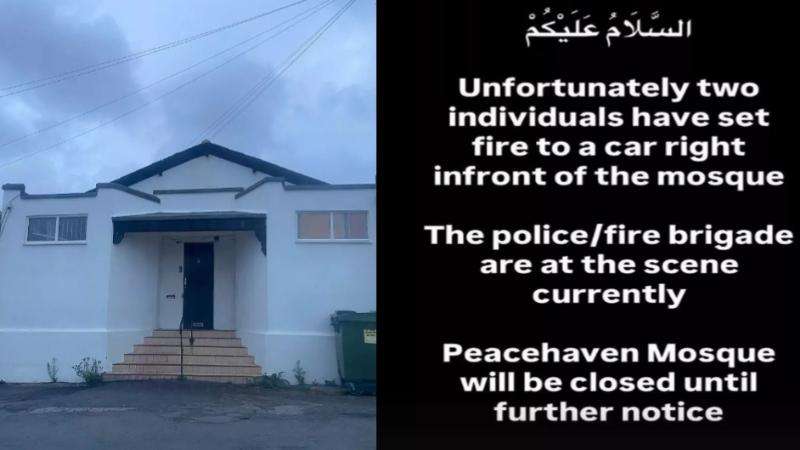Home Secretary Shabana Mahmood has announced immediate plans to grant police forces new, explicit powers to crack down on frequent, repeated protests, a move that comes directly in the wake of a pro-Palestine rally in London that defied calls for cancellation.
The decision follows a weekend where nearly 500 people were arrested at a demonstration in Trafalgar Square for allegedly supporting the banned group Palestine Action, a protest which went ahead despite an urgent appeal from police and political leaders to postpone it following a devastating terror attack at a Manchester synagogue.
The Meaning of the New Powers
The new powers are centred on the concept of “cumulative impact”. This means that when deciding whether to impose conditions on a public procession or assembly, senior police officers will now be able to explicitly factor in the disruption, fear, or intimidation caused by previous, frequent demonstrations in the same local area.
How the Law Changes: The government plans to swiftly amend Sections 12 and 14 of the Public Order Act 1986. Under the current law, police powers to restrict or ban a march are generally limited to a single event presenting a risk of "serious public disorder." The proposed change will close what Ms Mahmood called a "gap in the law" by making the sheer frequency of protests a valid reason for imposing conditions.
The Conditions: If a protest is deemed to have caused repeated disruption, police will gain the authority to impose conditions such as instructing organisers to move the demonstration to an entirely different location, or to place further restrictions on the time and duration of the event. Breaching these conditions will carry the risk of arrest, prosecution, and a \text{£}2,500 fine. The Home Secretary will also undertake a wider review of existing protest legislation, including looking at strengthening powers to ban demonstrations outright.
The Context: Fear in the Jewish Community and Palestine Action
The Home Secretary's announcement was unequivocally framed around addressing the "considerable fear" within the Jewish community.
Ms Mahmood stated: "The right to protest is a fundamental freedom in our country. However, this freedom must be balanced with the freedom of their neighbours to live their lives without fear. Large, repeated protests can leave sections of our country, particularly religious communities, feeling unsafe, intimidated and scared to leave their homes." She explicitly referenced the fear expressed by the Jewish community following the terror attack that killed two men, Adrian Daulby (53) and Melvin Cravitz (66), at the Heaton Park Hebrew Congregation Synagogue in Manchester on Yom Kippur.
The immediate trigger was the Palestine Action rally in Trafalgar Square. The group itself was proscribed as a terrorist organisation in July, and the subsequent mass arrests—now totalling over 2,000 across the UK since the ban, with 130 people charged—demonstrate the scale of the ongoing challenge. While the powers are legally applicable to all groups, the context makes it clear they are an immediate response to the sustained, disruptive pro-Palestinian demonstrations.
There is currently no public indication that these new powers are specifically being introduced due to far-right protests, though the law will technically apply to any group whose repeated protests cause cumulative disruption and fear.
Empathy for British Muslims in the Current Climate
It is critical to acknowledge that the tensions around the Middle East conflict have also placed British Muslim communities under intense pressure and fear. While the Home Secretary’s public statements on these new powers have focused on the Jewish community's safety—especially following the Manchester attack—it is important to exercise empathy for British Muslims who may feel their right to protest is being disproportionately curtailed.
Many protesters are expressing genuine concern over the humanitarian crisis in Gaza and the proscription of Palestine Action. For members of the Muslim community, public assembly can be a vital channel for voicing political distress and solidarity. The Home Secretary, herself a Muslim woman, has the difficult task of balancing the fundamental right to protest with the duty to ensure all communities feel safe.
However, the nature of the proscription and the focus on the cumulative impact of these specific rallies means that many Muslims who participate in what they believe are peaceful, lawful protests may now face greater restrictions and the chilling effect of new police powers. This duality of fear—among the Jewish community from disruptive events and among some Muslims regarding the potential suppression of their political voice—underscores the fragile social climate the new legislation is navigating.
_6.jpg)
_5.jpg)
_6.jpg)
_7.jpg)



.svg)
